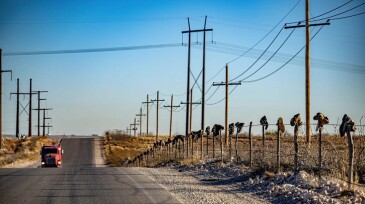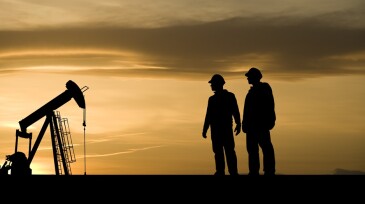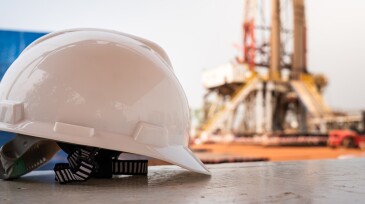health
-
This paper examines how real-time monitoring can improve both incident prevention and emergency response in the oil and gas industry. Drawing from real-world examples and case studies, it provides practical strategies for implementing this technology effectively.
-
Fawaz Bitar, BP's senior vice president for HSE and carbon, spoke at a recent health, safety, and environment conference in Aberdeen about the importance of health in the industry. Here is a transcript of his speech.
-
The report presents data from 35 participating member companies.
-
New Mexico is the second-largest oil producer in the US behind Texas. Drawing immense wealth from the Permian Basin, the state relies on a workforce—often Latino men—who are subjected to harrowing conditions that lead to death, injury, disease, and terrible tolls on mental health and family life.
-
The National Institute for Occupational Safety and Health and its predecessor, the US Bureau of Mines, have significantly contributed to enhancing the safety of miners and to applying new technologies to the mining industry.
-
TechnipFMC diver Stuart Cowie shares his 17-year experience working as a saturation diver in the oil and gas industry and how to manage mental health and well-being during the often-isolating work demands.
-
This paper describes how a global energy technology company developed a mental health first aid program to provide workplace access to a trained mental health responder and how this initiative helps raise awareness of the importance of good mental health in the workplace.
-
A new publication from Ipieca and the International Association of Oil and Gas Producers presents a health-focused roadmap for navigating the energy transition.
-
The financial losses come from reduced productivity, high employee turnover, or the loss of skilled labor as a direct result of unmanaged mental health challenges.
-
IPIECA and IOGP have released two new guides—a recommended practice for drug testing and a guidance for managing infectious disease outbreaks.
Page 1 of 7










